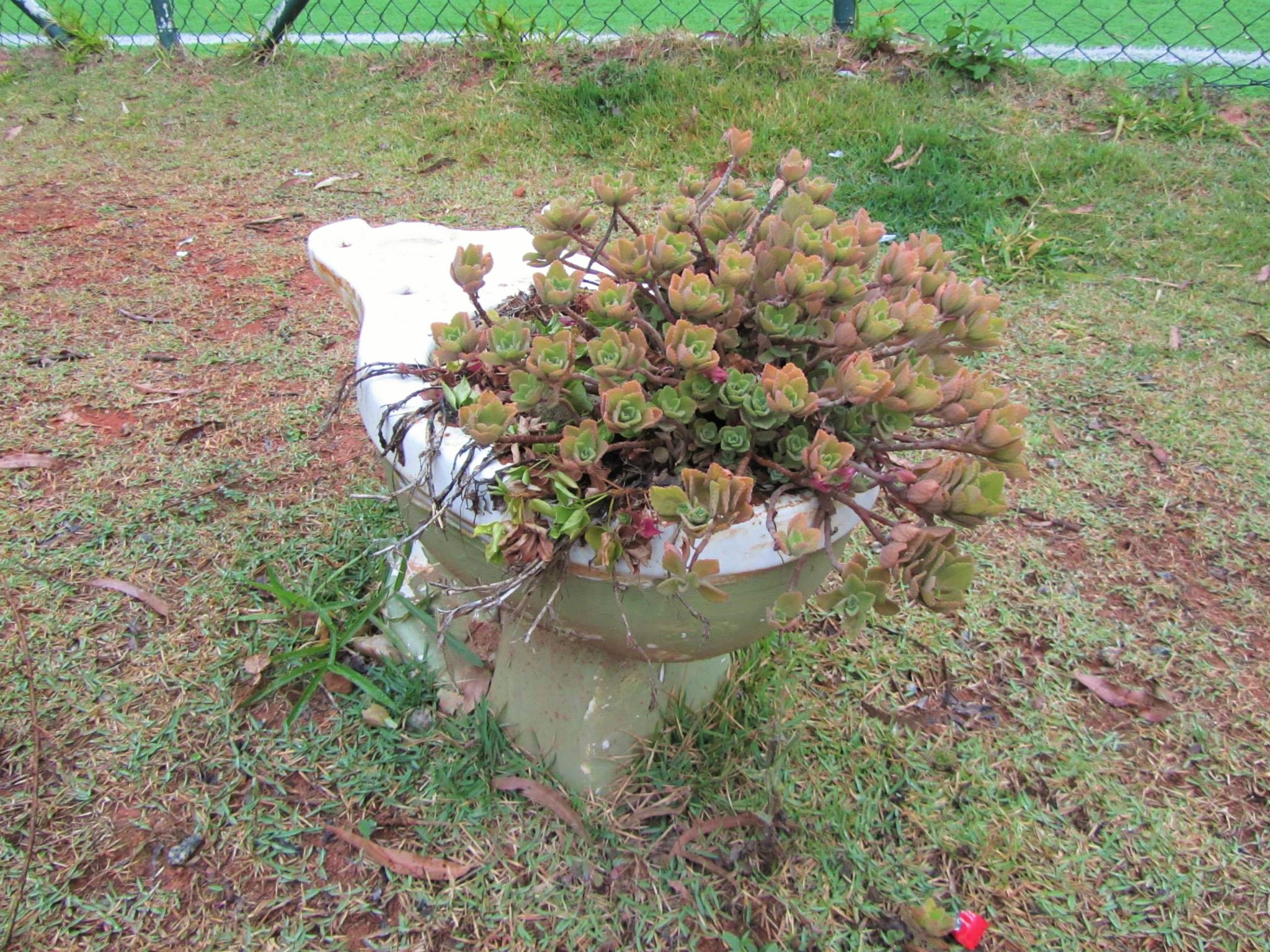What happens when worlds meet? When ways of viewing the world meet? When ways of organising the world collide? Is one way always right? Does one way ‘win’ and the other get subsumed under it. Does it matter where it happens?
A few stories:
Number 1: Once in college, my roommate (and friend of 3 years) and I were walking to the dining hall to get food. I intended to get some food and bring it back to the house we lived in and was carrying a to-go dish with me. As we walked out of the door I needed to zip up my jacket or some such task for which I needed both hands and handed her the dish. At which point she said, “You know, that’s very rude! You didn’t say please.”
Number 2: I drink loads of tea. I am happiest when there is a cup of tea at all times by me. My partner thinks it is rude if I don’t offer him tea when I make myself a cup. It is a custom in his parents’ house to offer everyone tea when you make yourself a cup.
Number 3: When I was younger and less unlearnt, I remember thinking, “my people were so rude! There isn’t even a word for ‘thank you’ or ‘please’ in our language!”
In each of these stories there are worlds meeting. And a judgement of one world by another according to some measuring stick that determines what should be and what shouldn’t. But what if we think of worlds meeting as actually WORLDS and all they contain: languages, views, opinions, ideas, etc meeting. It blows the mind. Tensions arise from how little we recognise this reality and how much is then assumed to be obvious and left unsaid. In the first story, my roommate was from a culture that marked its wants and needs with please and thank you. A fine world. I came from a world where one treats a close other as oneself and therefore does not need to be solicitous in relation to them. Same as the other 2 stories.
Said differently, and more beautifully were the words of a Maori elder speaking about his people’s worldview as heard on the documentary Human. “In the Native worldview,” he said, “there was no please. No need to be begging. Everyone was your neighbour and you shared with everyone and they shared with you.” Another way I like to explain it is that if I am in community with someone, the fact of our being in community means they have a ‘claim on me’.
My host in Portland had a South African friend come visit today. We danced some gumboot. When he walked in, my host said, “Can I offer you some tea?” To which his friend bantered in response, “Since when do you ask me if you can offer me some tea?” If you walk into a Kenyan’s house…… well let me not generalise. Growing up what I saw was this: if you walked into someone’s house they immediately made you or poured you a cup of tea, and if available got you something to eat with it too. No questions asked. Welcome. Why don’t I offer my partner a cup of tea when I make myself one? On one hand perhaps something in me isn’t about this ‘offering’ life. On the other, sometimes I just make 2 cups and don’t bother to ask first.
Everytime I hear those words, “that’s so rude!” or “you’re so rude!” though it makes me stop. It took me some time to see that neither one way nor the other was a better ‘way of being’. That my way was just as fine a way of being and that I didn’t need to shapeshift and twist into another cultures’ lines and boundaries for what it is to be human. They simply were both ways of being needing some cross-translation in order to exist and relate in the same space. I understood too that for the lack of cross-translation people were hurt, and taken further, wars happen.
Think about when you last thought someone was rude. Where did your understanding of what was “rude” and not come from? Who taught you? What beliefs underlie that point of view? I posit that often a clash of cultures and worldviews is what causes people to think each other rude. Because someone else doesn’t fit into how we have constructed and understand our world, we think them ill-mannered. Digging behind these beliefs and where they come from can help illuminate variations of “politeness” where we might otherwise think people are rude.
Now that I am older and have unlearnt a number of things – though the journey is never quite complete – I know that my people were not “rude” because they didn’t have a word for please and thank you. They simply didn’t need to be begging begging from each other with whom they were in community. And to show gratitude they used a different phrase that is quite profound on its own: it is well. It is good.


Talk to me